India-China relations: Compromises and conflicts amid Covid-19
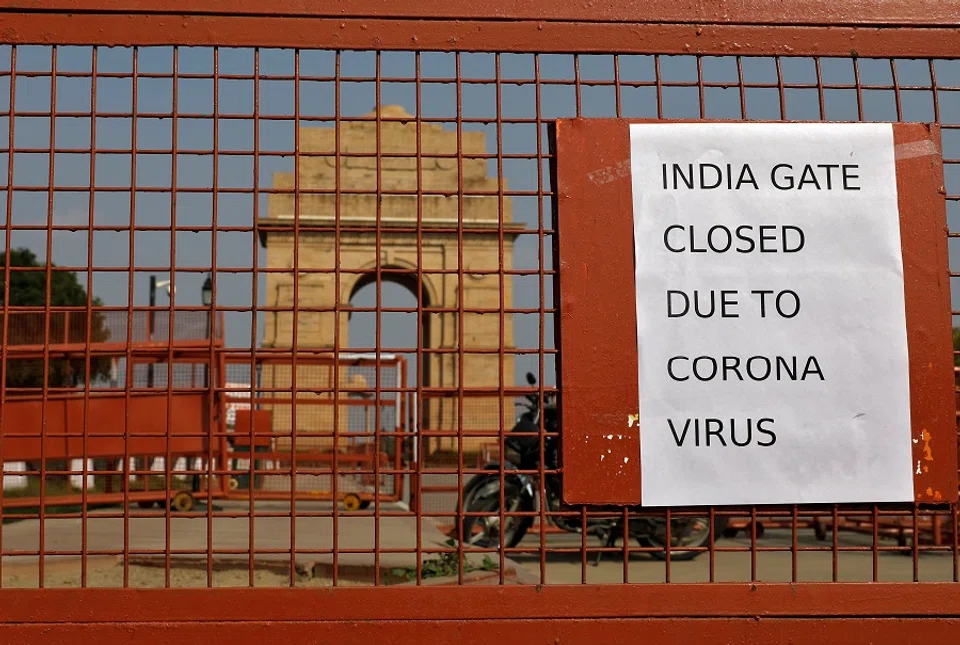
2020 marks the 70th anniversary of the establishment of diplomatic relations between China and India. To celebrate the milestone, Indian Prime Minister Narendra Modi and Chinese President Xi Jinping designated 2020 as the "Year of India-China Cultural and People to People Exchanges" and planned to organise 70 activities to mark the milestone. Both sides had every intention to deepen exchanges at all levels including between their respective legislatures, political parties, cultural and youth organisations, and military forces.
However, plans came to a halt due to the Covid-19 pandemic. As pomp and pageantry are put on hold, how will the India-China relationship be impacted by Covid-19?
New Delhi has refrained from joining the China "blame game" or the "make China pay" club, but India-China ties are experiencing their own strains of discord under Covid-19.
As it stands, there are over 4.2 million cases of Covid-19 and over 290,000 deaths reported worldwide (India: over 70,000 cases and 2200 deaths). Various countries have expressed criticism over Beijing's lack of transparency and reluctance to act in the earlier stages. Animosity towards China has escalated; US President Donald Trump, for instance, has drawn China's ire by calling the virus the "Chinese virus". China's efforts at supplying masks and other medical equipment to countries affected have been derided in some quarters as "mask diplomacy". In some cases, China's overtures have even backfired with news of faulty test kits.
Thus far, New Delhi has refrained from joining the China "blame game" or the "make China pay" club, but India-China ties are experiencing their own strains of discord under Covid-19. These new and unexpected changes have to be seen in the bigger picture of India-China bilateral relations in the past 70 years.
The critical issue at play is the "trust factor" between India and China, which has long been an undercurrent of India-China relations.
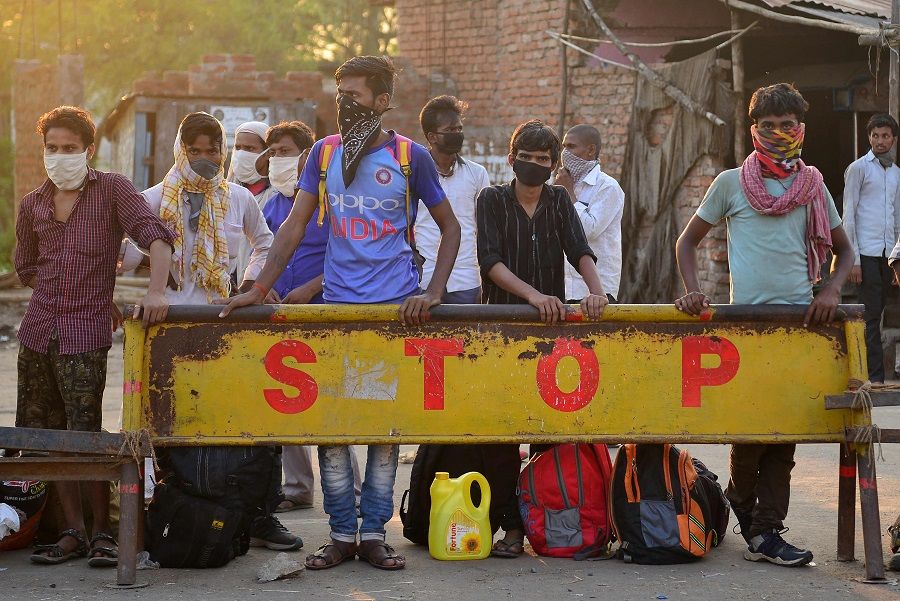
Existing imperatives in China-India relationship
Two key factors underpin India-China relations. First, the protracted border dispute in which an unresolved boundary ignited a war in 1962 and gave rise to intermittent conflicts since then. One of the most recent was a clash between Chinese and Indian soldiers on the border of Sikkim on 10 May. Second, India and China are each other's key trading partners. Bilateral trade amounted to 639.52 billion RMB (about US$90.24 billion) with a growth rate of 1.6% year-on-year. This complex interaction and interdependence means that India-China relations are conducted under cooperation and competition, if not confrontation, simultaneously.
India has largely maintained a staunch opposition against joining Beijing's grand Belt and Road Initiative (BRI).
While economic interdependence demands a cooperative and optimistic partnership, conflicting political interests lead to competitive and pessimistic scenarios. The critical issue at play is the "trust factor" between India and China, which has long been an undercurrent of India-China relations. Competing interests complemented by mutual suspicion of each other's intentions has increasingly exacerbated the security dilemma between the two neighbours as evident from the existing fault lines.
Looking back at the past seven decades, it appears that although ties have strengthened, new differences have been added to old disputes.
For instance, India has largely maintained a staunch opposition against joining Beijing's grand Belt and Road Initiative (BRI). It views the China-Pakistan Economic Corridor (CPEC) which has become part of China's BRI, as a project that would increase China's influence in its own backyard, impinge on some of its sovereignty claims in Kashmir, and benefit a country India views as an adversary. China's "all-weather" friendship with Pakistan, and its failure to renounce Masood Azhar - founder of militant group Jaish-e-Mohammed - as a terrorist, also grate on India's nerves.
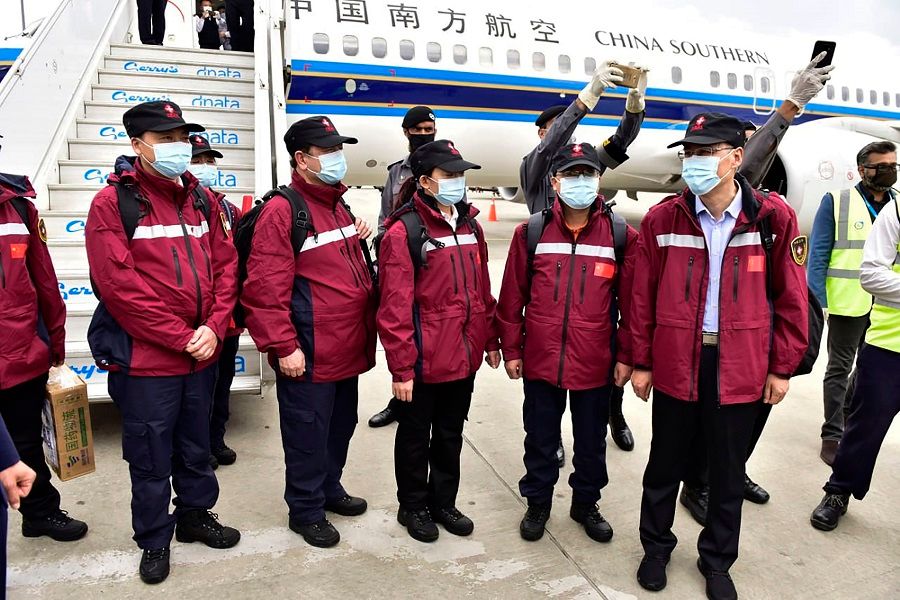
China has also opposed India's entry into the Nuclear Suppliers' Group (NSG), a group that seeks to contribute to the non-proliferation of nuclear weapons through the implementation of guidelines for nuclear and nuclear-related exports.
In addition, China raised the "Kashmir issue" at the United Nations Security Council (UNSC) last year, shortly after New Delhi revoked Article 370 of the Indian Constitution, which had given special rights to Indian-administered Jammu and Kashmir as an autonomous state with its own constitution. The state has since been bifurcated by the Indian government into the two union territories: one, Jammu and Kashmir; and two, Ladakh (for which China and India have unresolved border issues). China has recently tried to raise the issue again at the UNSC.
China-India tensions from Covid-19
Plagued by a lack of trust, the coronavirus pandemic has added new twists to the old tale.
First, in April, India called for greater scrutiny of investments from neighbouring countries, in a move to curb "opportunistic takeovers/acquisitions" of businesses which may be facing financial issues due to the pandemic. Under the new policy, companies in all countries sharing a border with India, including China, Nepal, Bhutan and Myanmar - where it previously only applied to Bangladesh and Pakistan - can only invest under "the government route", which requires governmental approval. The move is seen as targeted at China.
However, the Indian Council of Medical Research (ICMR), the top agency in India handling the coronavirus outbreak, decided to return rapid antibody test kits procured from two Chinese firms, namely, Guangzhou Wondfo Biotech and Zhuhai Livzon Diagnostics, over quality issues.
In response, China called it "discriminatory" and said that it violated the WTO principle of non-discrimination. Beijing emphasised the need "to treat investments from different countries equally, and foster an open, fair and equitable business environment".
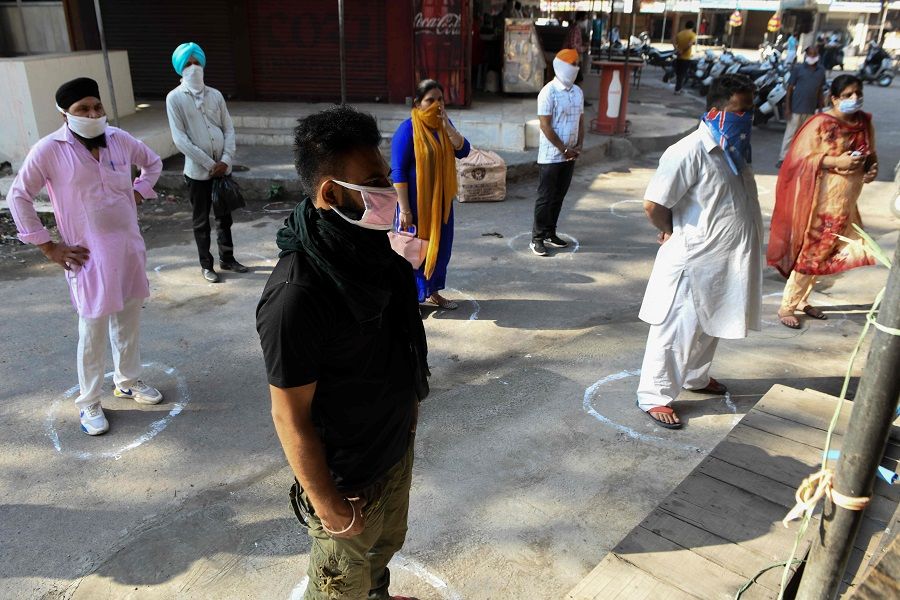
Second, to boost its screening and testing of the virus, India had ordered more than half a million Chinese test kits. However, the Indian Council of Medical Research (ICMR), the top agency in India handling the coronavirus outbreak, decided to return rapid antibody test kits procured from two Chinese firms, namely, Guangzhou Wondfo Biotech and Zhuhai Livzon Diagnostics, over quality issues. China reacted by calling India's decision to label Chinese products as faulty "unfair and irresponsible".
India's diplomatic circles are showing signs of resentment over China's reluctance to respond and its lack of transparency in handling the Wuhan epidemic.
Third, adding to the diplomatic spat, China has criticised India's media on their interactions with Taiwanese government officials. For instance, the Chinese Embassy in New Delhi put out a statement "refuting the wrong arguments" featured in an interview by an unnamed media (The Times of India) with Taiwan's Foreign Minister Jausheih Joseph Wu on Taipei's handling of the coronavirus. It urged the publication to respect the "one-China principle" with regards to "Taiwan's participation in WHO". These sentiments were repeated in response to the publication of Taiwan Health Minister Chen Shih-chung's article "Taiwan's Coronavirus Protocol Shows How It Is Done" in another unnamed media (The Hindu). Such reactions expose the one-China Principle as China's Achilles heel and the fact that China is even more sensitive to the issue amid the Covid-19 pandemic.
These three episodes highlight the growing fissures between India and China as a result of the pandemic. In addition, India's diplomatic circles are showing signs of resentment over China's reluctance to respond and its lack of transparency in handling the Wuhan epidemic. These feelings will only get stronger with time. In addition, India's public sentiment towards China is also showing unfavourable signs. Murphy's law prevails during unpredictable times and its effect on the development of India-China ties cannot be underestimated.
Opportunity for one may mean threat for the other?
Factors outside the bilateral relationship may conspire to heighten tensions. Both India and China are rising powers with great power aspirations. As the Covid-19 pandemic wears on, it appears that it is posing a challenge for one while giving an opportunity to the other. Arguably, China's image as a global player is under review over its handling of the Wuhan epidemic. There is, in fact, a growing global backlash that calls for the isolation of China. In contrast, India has experienced a boost to its global image by championing the call for a global fight against the pandemic as a responsible partner.
India is also in a position to benefit from a potential shift in global supply chain away from China.
For instance, India has sought a cooperative approach by reaching out to the South Asian Association for Regional Cooperation (SAARC) which comprises Afghanistan, Bangladesh, Bhutan, India, the Maldives, Nepal, Pakistan and Sri Lanka, in tackling the virus spread in South Asia. To that end, New Delhi has set up an emergency Covid-19 fund with an initial sum of US$10 million. India has also participated in the G20 virtual meeting in March, during which Modi called for the promotion of new crisis management protocols and procedures for an interconnected global village. He also emphasised the importance to strengthen and reform organisations like the WHO.
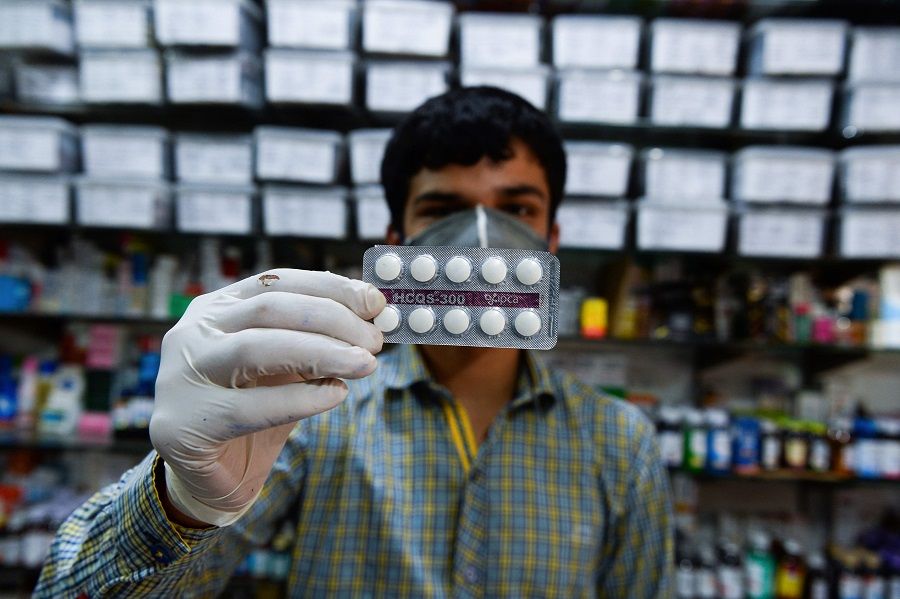
In addition, India lifted its export ban on drugs such as hydroxychloroquine (seen by some as a possible cure for Covid-19) and paracetamol in a bid to supply them to countries such as the US. It had also sent such medicine to SAARC countries and to Mauritius and Seychelles and provided medical aid to Caribbean countries and other countries in Latin America.
India is also in a position to benefit from a potential shift in global supply chain away from China. India's Business Today reported that about 1,000 foreign companies are in discussions with the Indian authorities, of which, 300 are in active pursuit of production plans in sectors such as mobiles, electronics, medical devices, textiles and synthetic fibre. Enterprises from countries including Japan, US and South Korea, have expressed interest in relocating to India. According to a Bloomberg report, to facilitate this possibility, India has identified land parcels across the country spanning 461,589 hectares - almost the size of Luxembourg - in support of these anticipated investments.
These aspects will add to the existing complexity between India and China. Although Covid-19 may not have had an immediate and direct impact on India-China ties, it has the potential to create incremental damage to China-India relations. With the growing uncertainty, New Delhi-Beijing ties will only get more strained. Further discord is expected amid heated dynamics over decoupling between the US and China, given the position of India as a US ally and a stakeholder to possible movements of global supply chains. As it moves past 70, India-China ties will see more flux and be under greater strain, even as the two countries seek to maintain peaceful coexistence.
